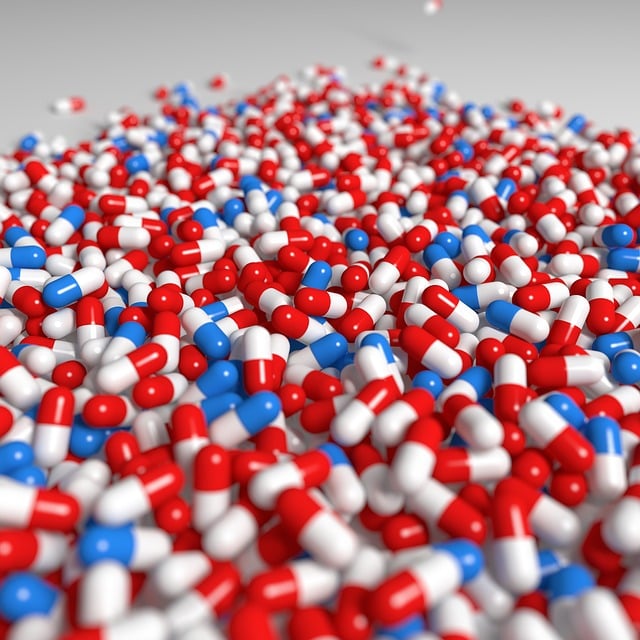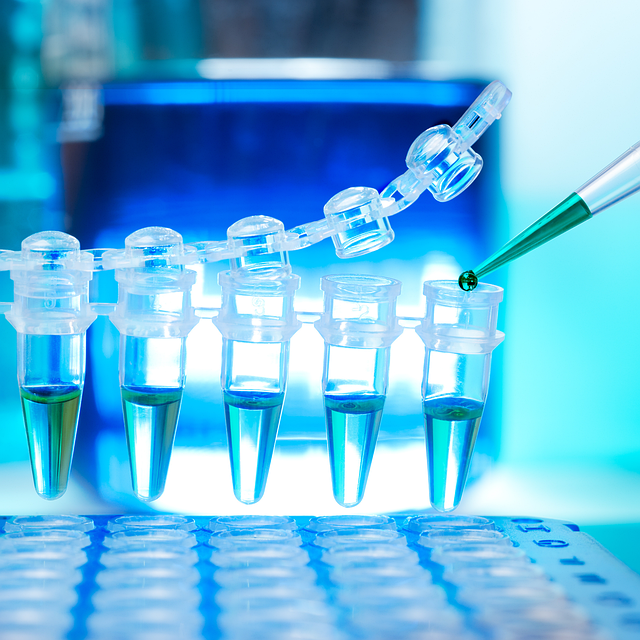Non-surgical treatments using topical creams, injectables, and advanced skincare technologies have gained popularity in the beauty industry for their ability to stimulate natural collagen production or deliver exogenous collagen. These methods, driven by consumers seeking anti-aging solutions without surgical risks, offer improved skin elasticity and reduced signs of aging. Key ingredients like peptides, retinol, vitamin C, and certain enzymes boost collagen production, while lifestyle changes such as a balanced diet, hydration, exercise, and sun protection further support skin health. Oral supplements provide an accessible way to maintain youthful skin by supplying essential amino acids for collagen synthesis. Safety should be prioritized when choosing non-surgical treatments, with qualified practitioners and proper post-treatment care minimizing risks.
“Unravel the secrets to combating aging with our comprehensive guide on anti-aging collagen boosting. Collagen, the structural protein keeping skin supple and youthful, plays a pivotal role in the aging process. Explore the rise of non-surgical treatments offering effective solutions without invasive procedures. From topical creams and serums to injections and lifestyle adjustments, discover various methods to stimulate collagen production. Learn about oral supplements and vital safety precautions, empowering you to make informed choices in your quest for radiant skin.”
Understanding Collagen and its Role in Aging

Collagen is a protein that plays a vital role in maintaining the elasticity and structure of our skin, serving as the foundation for youthful-looking complexions. As we age, natural collagen production slows down, leading to wrinkles, fine lines, and sagging skin. This decrease in collagen is a primary contributor to the aging process, making it a key target for anti-aging strategies.
Non-surgical treatments have emerged as popular options to boost collagen levels and reverse some signs of aging. These treatments offer a less invasive approach compared to surgical procedures, focusing on stimulating the body’s natural collagen production or delivering exogenous collagen to the skin. By understanding the crucial role of collagen in maintaining skin health and exploring these non-surgical alternatives, individuals can take proactive steps towards combating the effects of aging.
The Rise of Non-Surgical Collagen Boosting Treatments

In recent years, the beauty industry has witnessed a significant shift towards non-surgical collagen boosting treatments, marking a departure from traditional invasive procedures. This growing preference is driven by consumers seeking effective anti-aging solutions without the downtime and risks associated with surgery. Non-surgical options, such as topical creams, injectables, and advanced skincare technologies, have emerged as popular alternatives. These treatments focus on stimulating the body’s natural collagen production, enhancing skin elasticity, and reducing visible signs of aging like fine lines and wrinkles.
The rise of non-surgical collagen boosting treatments is a testament to the evolving landscape of cosmetic enhancements, where safety, convenience, and natural approaches are increasingly favored. As scientific advancements continue to improve these procedures, they offer an appealing choice for those looking to rejuvenate their skin without undergoing major surgeries.
Topical Creams and Serums for Collagen Stimulation

Non-surgical treatments have gained significant popularity in the quest for youthful skin. Among these, topical creams and serums that boost collagen production stand out as effective and accessible options. Collagen is a protein that serves as the building block for our skin, providing structure, elasticity, and a smooth texture. As we age, collagen production naturally declines, leading to fine lines, wrinkles, and sagging skin.
Topical creams and serums formulated with collagen-stimulating ingredients can help reverse this process. These products often contain active ingredients like peptides, retinol, vitamin C, and certain enzymes that encourage the body’s natural production of collagen. By consistently using these non-surgical treatments, individuals can expect to see improvements in skin firmness, a reduction in visible signs of aging, and a more youthful complexion.
Injections: A Popular Choice for Collagen Enhancement

Injections have emerged as a popular and effective method for collagen enhancement, offering a straightforward approach to combating signs of aging. Among non-surgical treatments, collagen injections stand out due to their ability to stimulate the production of this vital protein in the skin. These injections typically contain synthetic or natural collagen, which is injected into specific areas to fill in fine lines, wrinkles, and improve overall skin texture.
This procedure provides a quick and noticeable result, making it appealing for those seeking an instant youthful appearance. The convenience and minimal downtime associated with injections make them a preferred choice among individuals who want to achieve smoother, more supple skin without the invasiveness of surgery.
Lifestyle Changes to Support Collagen Production

Collagen, the key protein responsible for skin elasticity and youthfulness, naturally decreases with age. Fortunately, adopting certain lifestyle changes can boost collagen production, offering a natural approach to anti-aging. Diet plays a significant role; incorporating nutrient-rich foods like citrus fruits, bell peppers, spinach, and pineapple is beneficial as they are packed with vitamins C and E, zinc, and manganese—essential elements for collagen synthesis.
Additionally, staying hydrated is vital, as water helps transport nutrients to skin cells. Regular exercise is another powerful tool; moderate cardio and resistance training can stimulate collagen production and improve skin firmness. Avoiding excessive sun exposure and smoking is also crucial, as these habits accelerate skin aging by damaging collagen fibers. Opting for non-surgical treatments like microdermabrasion or chemical peels can further enhance collagen stimulation, providing a comprehensive approach to maintaining youthful skin.
Exploring Oral Supplements for Anti-Aging

In the quest for youthful skin, many individuals are turning to oral supplements as a non-surgical treatment option for anti-aging. These dietary additions often contain collagen-boosting ingredients designed to address the visible signs of aging from within. Collagen, a key protein in maintaining skin elasticity and structure, naturally decreases with age, leading to fine lines and wrinkles. Supplements aim to combat this process by providing the body with essential amino acids necessary for collagen production.
Non-surgical treatments like these offer a convenient and accessible way to support skin health. With various oral supplements available on the market, consumers can choose from options tailored to their specific needs. Formulas may include peptides, vitamins, and minerals known for their ability to stimulate collagen synthesis and protect the skin from environmental damage. Exploring these dietary interventions could be a promising step towards achieving and maintaining a youthful complexion without invasive procedures.
Safety Precautions and Potential Side Effects

When considering anti-aging collagen boosting treatments, it’s crucial to prioritize safety. Many non-surgical treatments have emerged as popular alternatives to invasive procedures, offering promising results in smoothing fine lines and wrinkles while enhancing skin elasticity. However, as with any cosmetic procedure, there are potential side effects to be aware of. Common temporary reactions include redness, swelling, and mild discomfort at the treatment site, which typically subside within a few days. More serious but rare complications may include infections, allergic reactions, or changes in skin texture.
Choosing qualified and experienced practitioners is key to minimizing risks. Always consult with a reputable healthcare provider who can offer personalized advice based on your medical history and specific needs. Following post-treatment instructions carefully, including proper sun protection and avoiding certain medications, can further reduce the likelihood of adverse effects.
